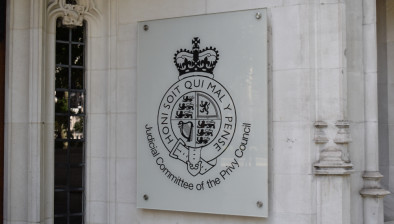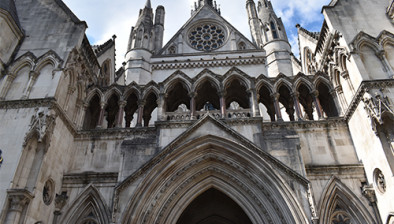England: Sitting judges warned to be mindful of what they say outside of court

Judges in England and Wales are being urged to reflect on the risk of perceived bias before agreeing to speak at barristers’ chambers or law firms.
The suggestion comes as part of the revised guidelines on judicial conduct issued this week.
The guidance on public debate and the media issued by Courts and Tribunals Judiciary recommends that judicial office holders should understand the potential risk to the public’s perception of judicial impartiality if they participate in public debates. They should also recognise the possibility of a future case involving the issue being discussed.
Office holders are advised to be “circumspect” before accepting any invitations or partaking in public debates. The ideal approach is to consult their leadership judge.
The guidelines state: “Any judicial office holder who decides to participate in public debate should be careful to ensure that the occasion does not create a public perception of partiality towards a particular organisation (including a set of chambers or firm of solicitors), group or cause or to a lack of even handedness. Care should also be taken, therefore, about the place at which and the occasion on which a judicial office holder speaks.”
The guidance allows judges to discuss uncontroversial legal matters at lectures, conferences, or seminars hosted by professional bodies, academic or non-profit organisations. However, it warns that lectures and seminars addressing broader public interest issues could stir up wider policy issues not immediately evident. The document says: “Depending on the circumstances, it may be inappropriate for a judicial office holder to deliver a public lecture or participate in a conference or seminar run by a commercial organisation.”
For those judicial office holders who wish to use social media, they need to decide between using their actual name or a pseudonym. A pseudonym can be used for security reasons, “but should not be used to disguise the source of content that would risk discrediting the judge or the judiciary if its source were known”, states the guidance. It goes on to warn that a failure to comply with the guidance could lead to disciplinary action.
The updated guidance also includes the “statement of expected behaviour” released by the senior judiciary following a study commissioned by the lord chief justice, which unearthed allegations of bullying, harassment and discrimination.










